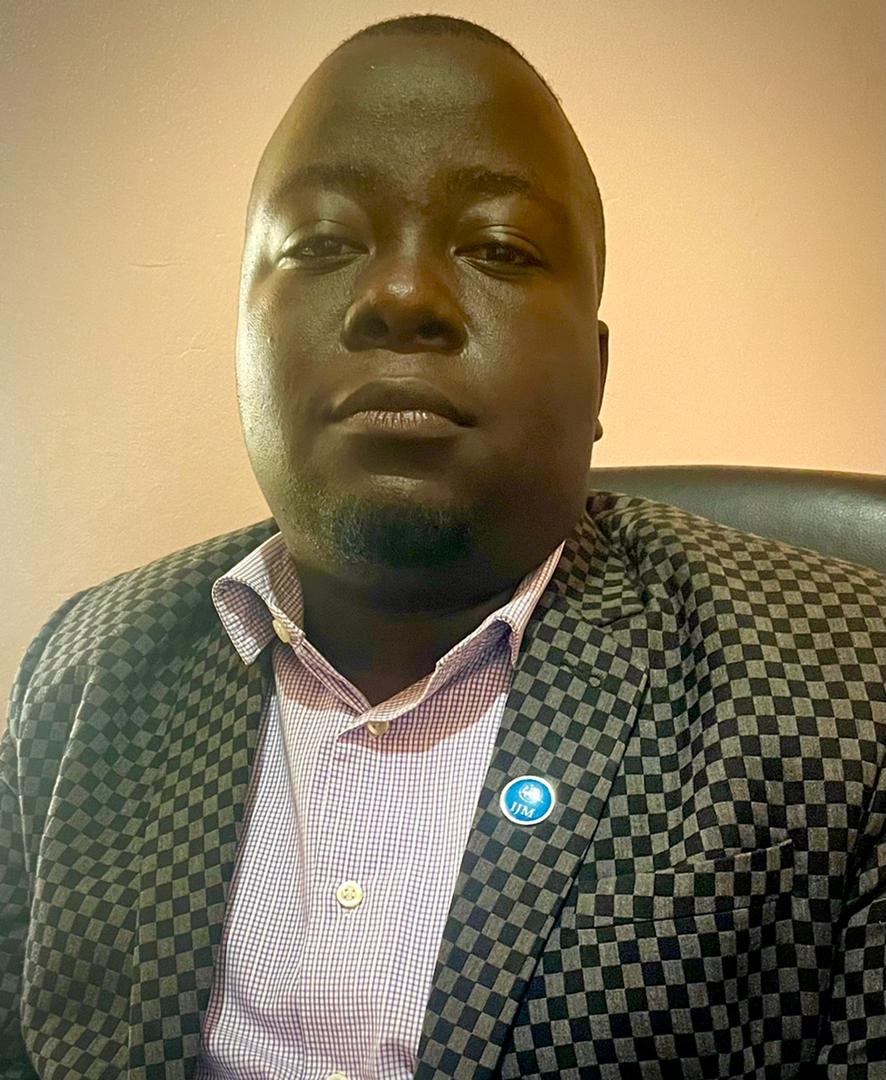
How March 8th became international women’s day
- FEATUREDOPINION
- March 7, 2023
- No Comment
By Innocent Okima
On February 28, 1909, a group of women belonging to the Socialist Party of America organized what is now recognized by different scholars as the first women’s day. The purpose for this day was demanding shorter working hours, better pay and the right to vote for women.
This inspired a woman called Clara Zetkin, a German delegate at the 1910 international socialist women’s conference to propose “a special women’s day” to be organized annually.
In 1977, the United Nations officially recognized the day, and in 1996, the first theme was adopted which was “Celebrating the past, planning for the future”. This year the theme is, “DigitALL: Innovation and technology for gender equality.”
With the hashtag being “Embrace Equity,” the national celebrations will take place at Kaaro Secondary School, Kiruhura district. The theme colours for this year are purple, green and white which make up the tricolor.

Purple and green symbolize righteousness and nobility, while the color white stands for purity. As we celebrate, we should know that in our lovely country Uganda, from the time you started reading this article to the time you finish, a woman has been abused and, in most cases, this is sexual violence. According to the UN Global database on violence against women we have quite a challenge.
Lifetime physical and/or sexual intimate partner violence :49.9 %
Physical and/or sexual intimate partner violence in the last 12 months: 29.9 %
Child marriage :34 %
Female genital mutilation/cutting :0.3 %
In Kasese district, during the second lockdown, Betty, a survivor, and “victim” of defilement was abused by a person she expected to protect her. She narrates “I was invited by my uncle to escort him for an introduction ceremony in town.” After the party had ended at around 7pm, the uncle told Betty it wasn’t safe to go back home since it was curfew time and suggested they get guestrooms to spend the night, however she was surprised to discover he only paid for one room and later defiled her that night after he tied her neck with a rope to stop her from shouting.
Betty is now HIV positive, has a one-year-old baby and the perpetrator disappeared into thin air after authorities started to follow up on the case. Betty had a dream to become the first Woman MP from her village after getting inspired by Hon Winnie Kizza but now believes she was robbed of her future and is now hopeless. Betty must continuously deal with the stigma she receives from her community because of her HIV status, and for having a child considered a curse because he was born out of incest.
This is just one example of what many women are going through every single day. So, as we celebrate the many achievements women have done, we should not forget that women are still suffering from very many forms of violence. In 1909 it was a fight to have women vote, today it’s a fight against violence especially sexual abuse.
Even in places like the parliament where you would expect the honourable members to be respectful and understand that any kind of violence especially against women is wrong, there have been reports of sexual violence. One youthful female member of parliament once admitted, “I once had my breasts squeezed by a male colleague old enough to be my father.”
Stakeholders change of mind required.
All stakeholders providing services to the survivors “victims” of domestic violence should stop looking at domestic violence as a small issue that should be handled by just the family members since this in different cases has resulted in death. One old lady now imprisoned at Katojo prison reported that she was being sexually abused by a young energetic nephew.
She reported to the authorities, but no tangible assistance was offered because it was handled as a family issue which should be kept within the family to avoid shame. Without the intervention that she expected from the authorities, she decided to defend herself.
One night, she could no longer stand the pain of the abuse and decided to stab the nephew with a knife she had kept under her bed. Unfortunately, the stab was fatal, and the nephew died. If she had received assistance from the stakeholders she reported to, we wouldn’t have lost a life and one less person in prison.
Communities should speak up against all forms of violence towards women. The recently deceased Bishop Desmond Tutu once said, “If you are neutral in situations of injustice you have chosen the side of the oppressor.”
The fight against violence of women is more a relay race and less a 100m sprint with each individual responsible in playing a part to end it. The Government of Uganda through the ministry of gender, labour and social development has set up a toll free Sauti helpline “116” which is now open to cases of violence against women.
If you see an act of violence or are a victim and you are not able to help or get help, immediately call the helpline, and get assistance but better so visit a close service provider like police, community development officers among others and get support.
Religious leaders and other leaders within their communities are called to talk more about the issues of violence because they are taken as people of authority and respect. With violence we can’t get development and spiritual growth. Let the message not end with prosperity alone but also respect for women. Most of the perpetrators of violence against women are people close to them like relatives, workmates, partners which requires leaders to be alert and sensitize the communities they serve.
Betty* is a pseudo name to protect the identity of the individual.
The author is a professional social worker specializing and trauma informed approaches expert.





